By Our Political Editor
It was a week marked by drama and tension in Sri Lankan politics as established institutions were again under scrutiny. The most attention-grabbing news was the arrest of Prisons Chief Thushara Upuldeniya, and the Anuradhapura Superintendent of Prisons was brought in over the fiasco involving misguided presidential pardons. These latest detentions follow a troubling trend: the immigration chief and the police chief had also faced investigation in recent months. The arrests made headlines, and opposition leaders reacted quickly, suggesting that the botched pardons pointed to deeper problems at the very top. Some even directly blamed President Anura Kumara Dissanayake, alleging a failure in oversight. Nevertheless, the government protected the President, the presidential secretary, and high-level Justice Ministry officials from direct responsibility. In the official narrative, responsibility lay solely with two prison officials.
On Poson Day, commemorating Buddhism’s introduction to Sri Lanka, President Dissanayake travelled to the Mihinthale Raja Maha Viharaya, where the Chief Incumbent presented him with an honorary title. The gesture was deeply symbolic and altogether ironic, given that Ven. Dhammarathna Thera had been an outspoken critic of AKD during the 2024 presidential campaign. Still, the moment highlighted the complexity of political alliance and public symbolism in Sri Lanka’s stage play.
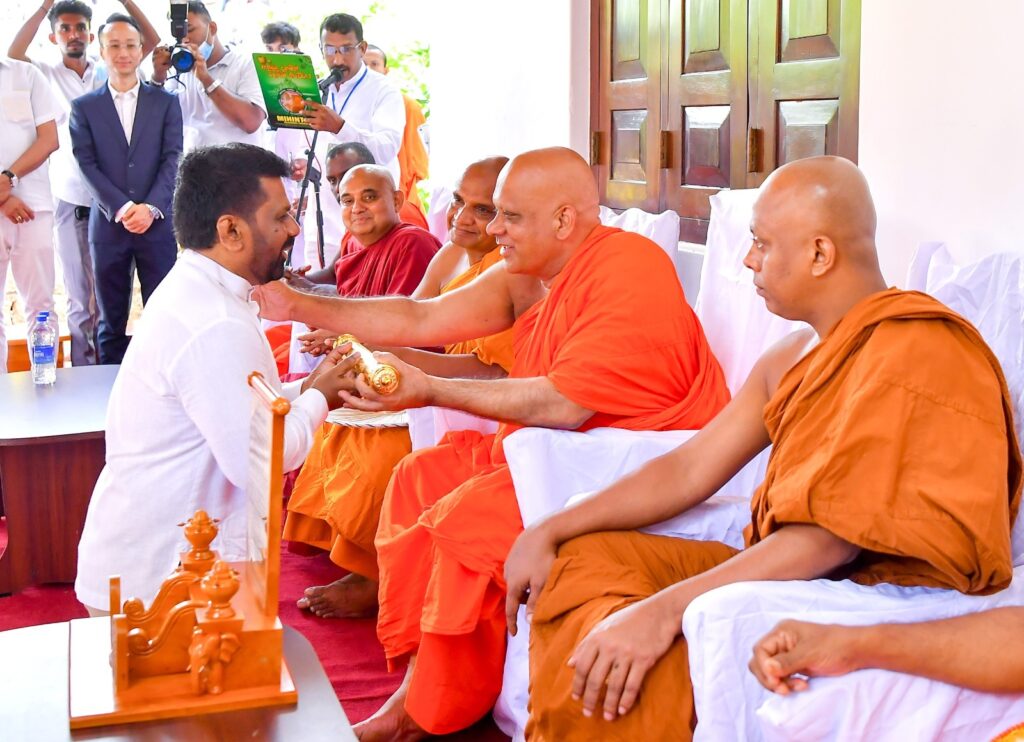
Later in the week, President Dissanayake departed for Germany on a state visit. Critics like Udaya Gammanpila immediately launched conspiracy theories about the trip’s motives. Yet any attempt to undermine the visit unravelled when he was received with official honours by German state authorities, complete with a guard of honour. The optics underlined Sri Lanka’s ongoing standing in the international arena, regardless of domestic chatter.
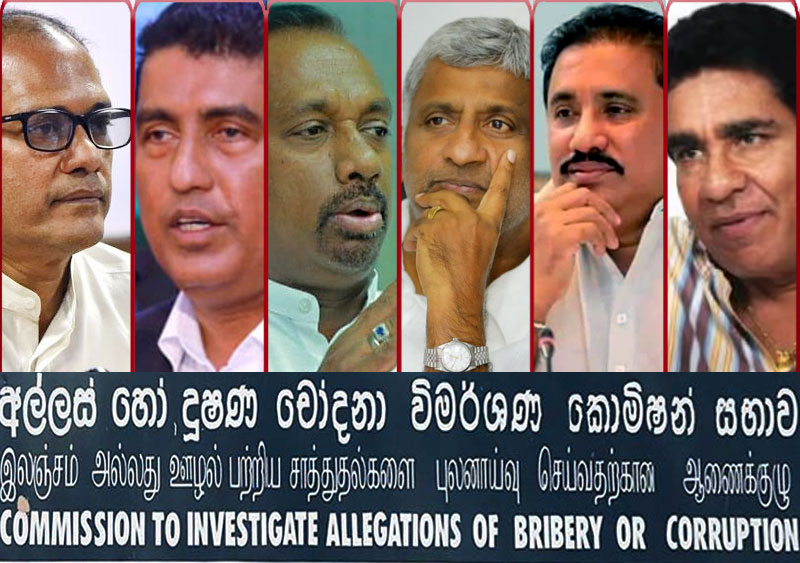
Beyond these symbolic events, the government continued to push hard on its anti-corruption agenda. A robust list of opposition figures is now under investigation or pending trial. This week’s detention of Upuldeniya added to the growing wave of public servants who are avoiding power amid fear of judicial reprisal. The message is clear: Sri Lanka’s administration intends to demonstrate that public office no longer shields individuals from accountability.
For President Dissanayake, navigating these currents is a test of political finesse. He is simultaneously dealing with internal challenges from top-level blunders to administrative weaknesses while preserving a narrative of moral leadership. The arrests show a willingness to act, but the protection of higher authorities raises questions of systemic responsibility. The honorary religious ceremony offers symbolic unity but hints at a paradoxical alliance. The successful Germany visit reassures external observers even as sceptics at home sow doubt. And the anti-corruption drive brings welcome momentum but risks being dismissed as politically motivated if not handled with transparency.
This week’s events reinforce Sri Lanka’s precarious position. The government has taken decisive steps, yet remains vulnerable to moral and political criticism. What comes next will determine whether these gestures become foundational reforms or simply flashpoints in an ongoing power tussle. In Sri Lankan politics, action speaks louder than words and right now, every word is being weighed for its intent and integrity.
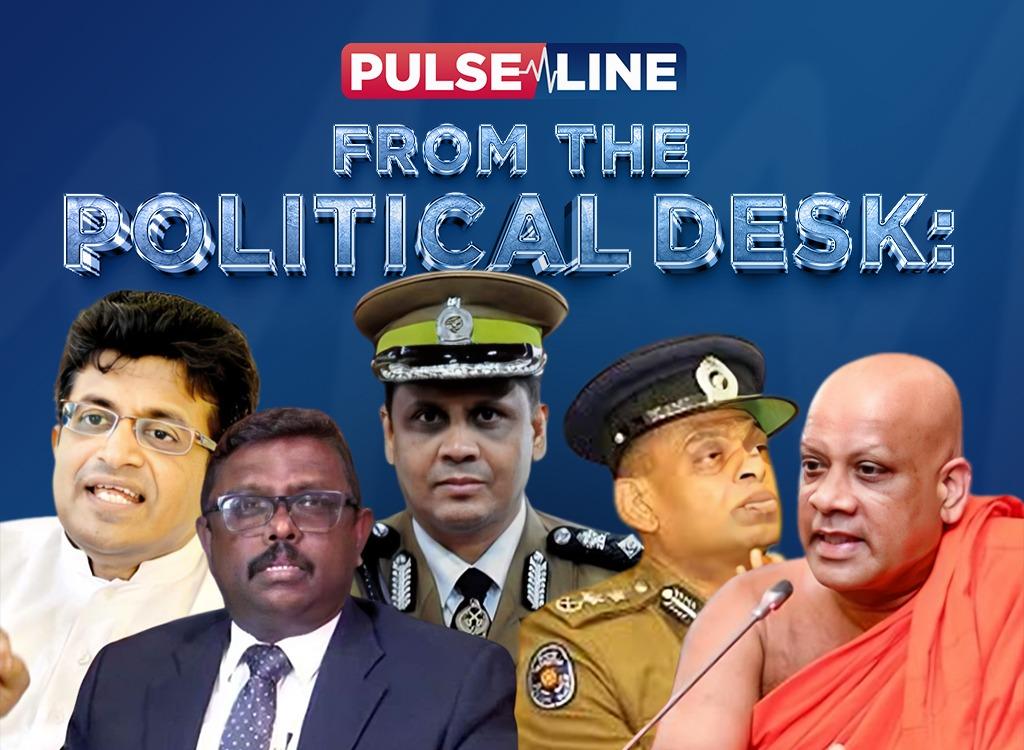
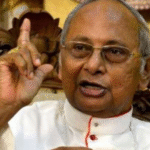
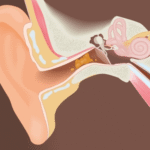
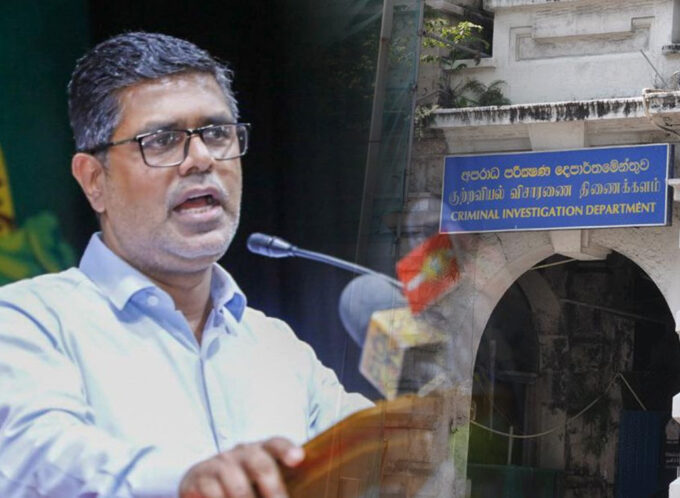
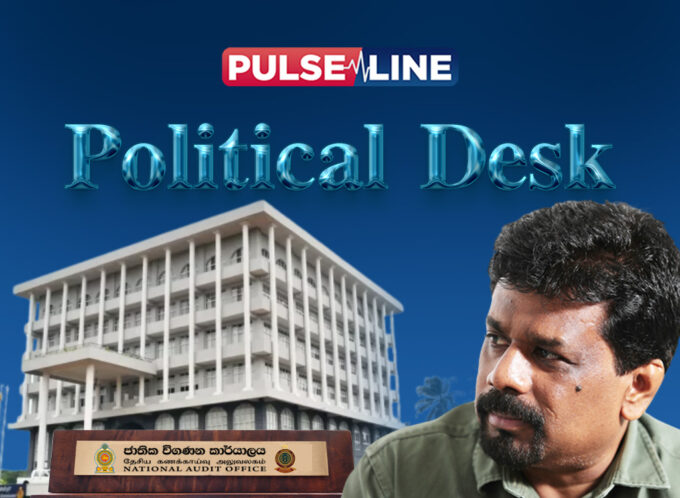
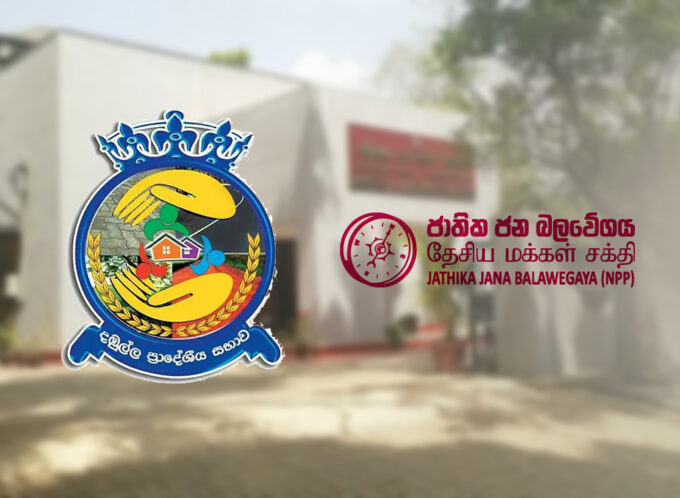
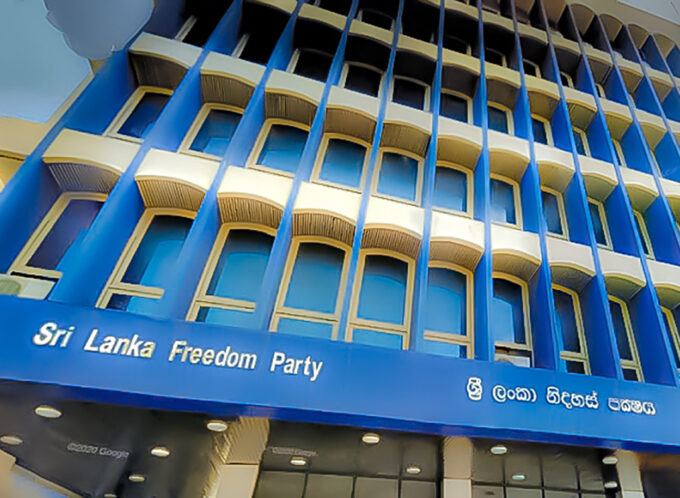

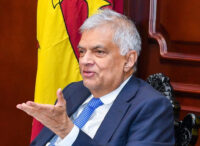
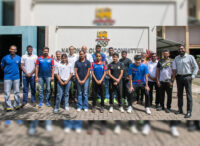

Leave a comment